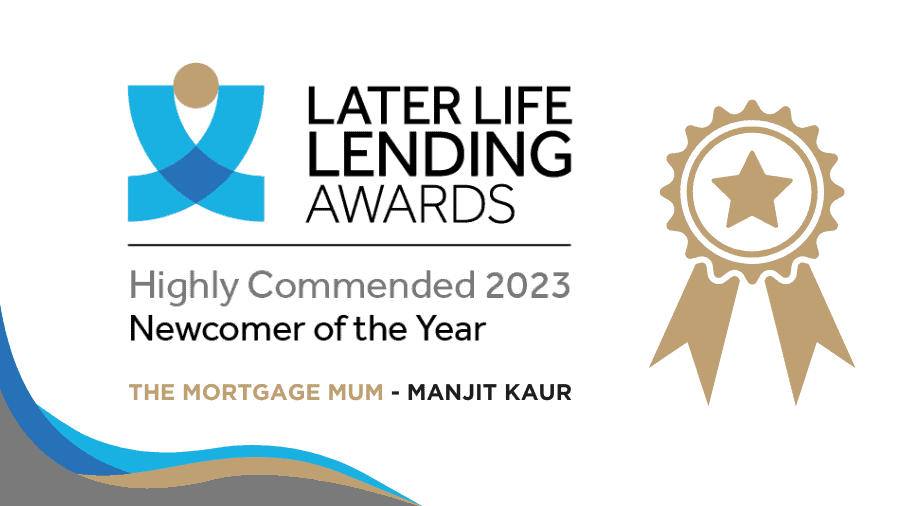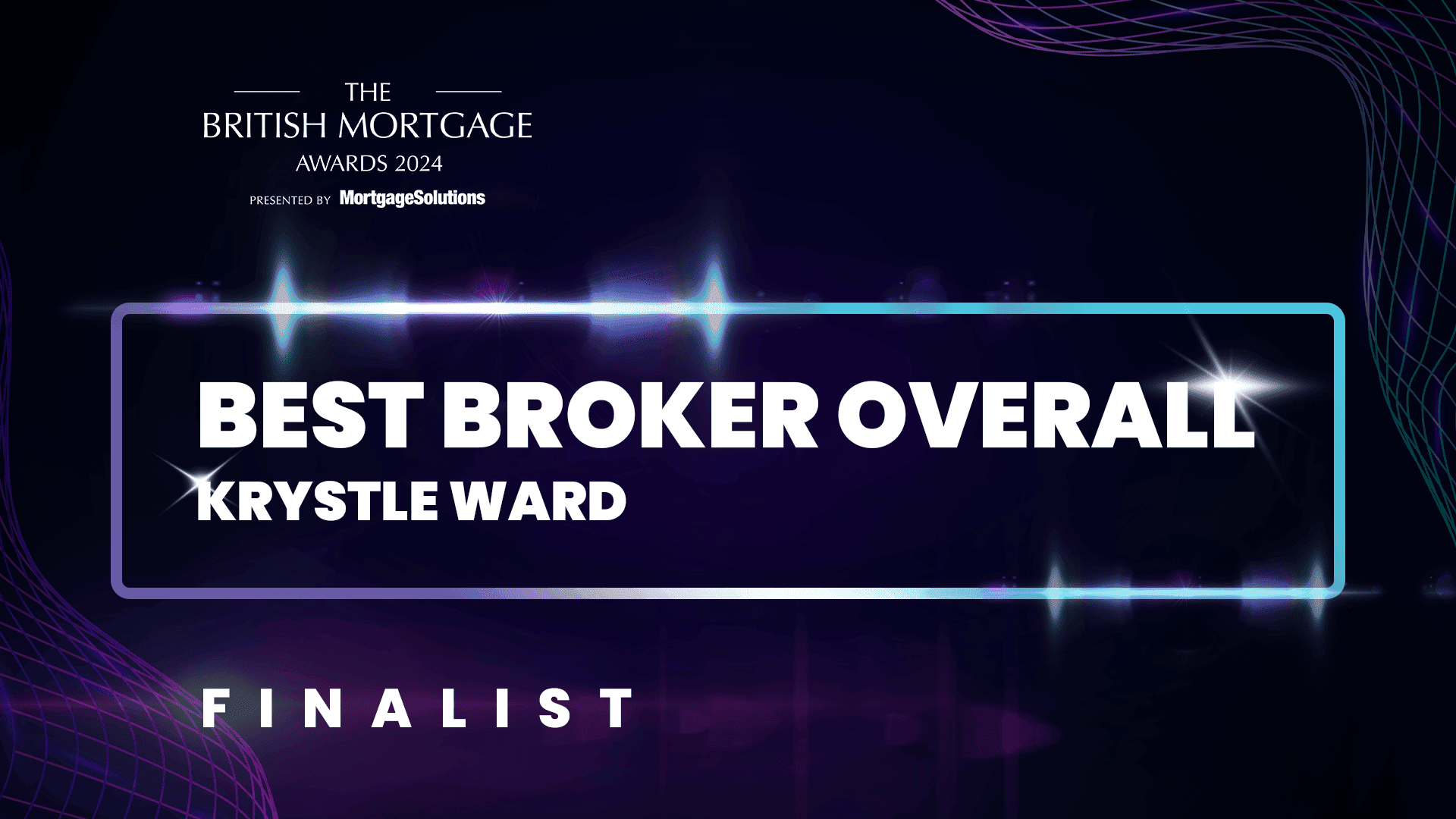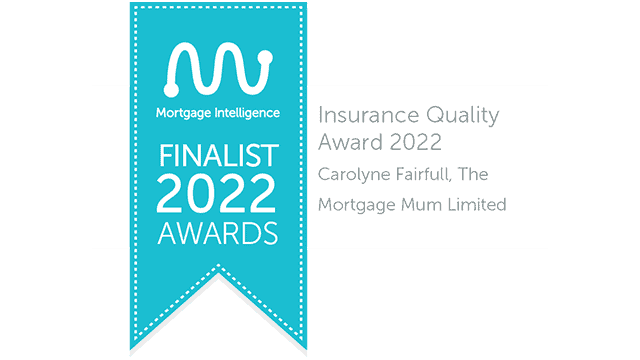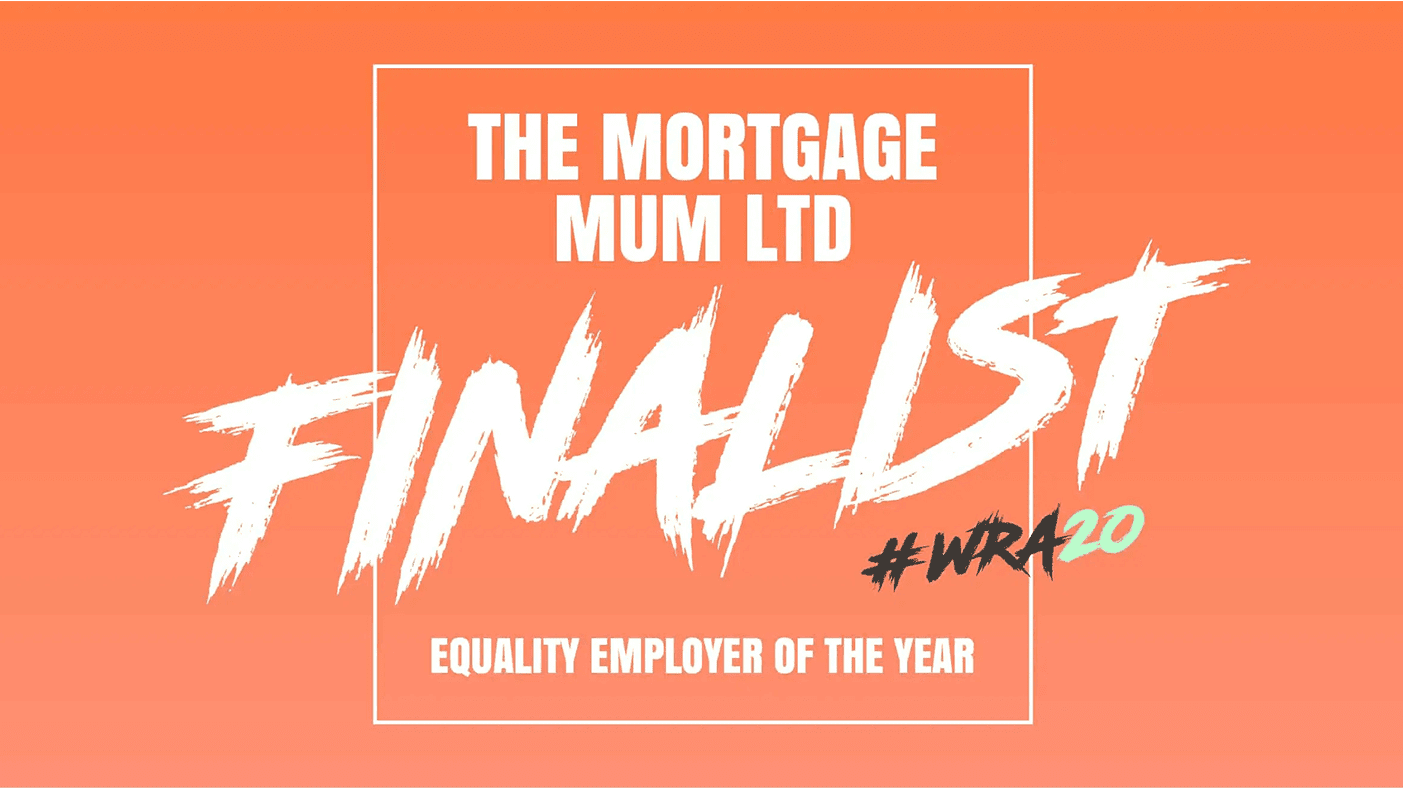Specialist lending is a phrase you might hear batted about by mortgage advisers, but what does it mean? And if someone’s suggested it as an option for you, you might be wondering if it’s a bad thing. Well, here is our guide to everything specialist lending…
Lending is generally split into high-street or specialist, so specialist lending simply means receiving a mortgage loan from a lender who isn’t a high-street bank or building society. The difference between the two is that high-street lenders generally have less flexible requirements that applicants must meet. In comparison, specialist lenders often take a more case by case view of mortgage applications, meaning they may accept people high-street lenders would turn away.
So, if your mortgage adviser has suggested a specialist lender to you, don’t be alarmed. This is probably just because your circumstances may be better suited to their more flexible approach.
Typically, circumstances that may mean a specialist lender is the best option for you are things like your age, your employment situation and your credit history.
How does your age have an impact? You may be better suited to a specialist lender if you are looking to borrow a mortgage loan that you will have to pay back into your retirement. This is because when you retire your income may change or reduce, therefore there is a risk you might not have enough income to afford the payments you could make when you were working.
How does your job have an impact?
If you’re self-employed or a contractor, you may find it difficult to get a mortgage from a high-street lender. This is because you will usually need to provide a history of your earnings to prove your income, which can be easier said than done if your work isn’t consistent or you only changed jobs recently. A specialist lender may be more flexible about how you can prove your income, meaning you may be more successful in your application.
How does your credit history have an impact?
Your credit report shows a lender your history with paying back loans or agreed payments. So, if you have a good credit report, it shows you are likely to make your mortgage payments reliably and so lending you money is less of a risk. In contrast, if your credit history includes a CCJ or missed payments, you may find high-street banks aren’t willing to lend to you. However, specialist lenders are often more willing to lend to people with ‘adverse credit’ or bumps in their credit history.
All specialist lenders differ in terms of what products they offer and the circumstances they’ll accept, so do speak to your mortgage adviser if you think specialist lending might be the route for you.
If you’d like to discuss the options available to you, contact your adviser today.
Catch up on other blog posts from The Mortgage Mum here.
Sign up to The Mortgage Mum email newsletter here.
Source: Mortgage Intelligence




























































